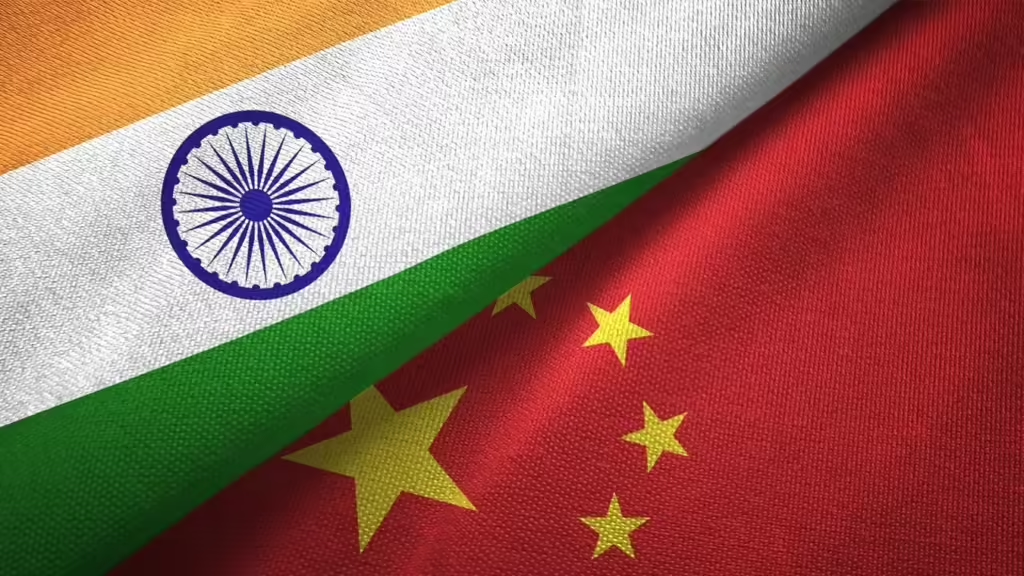After the Special Representative talks between India and China, positive outcomes have emerged. On 18 December the Indian National Security Advisor Ajit Doval met with Chinese Foreign Minister Wang Yi in Beijing for the first boundary talks between the Special Representatives (SR) since 2019.
According to a report, the Chinese Foreign Minister, Wang Yi, noted that it was important to “draw from the lessons” of the four-year-long military standoff at the LAC in order to maintain peace and tranquility at the boundary. During the discussion, both parties agreed that there had been a strained relationship due to the military standup. The discussion took cognizance of it and provided “positive directions” for cross-border exchanges, including the resumption of the Kailash Mansarovar pilgrimage from India to Tibet, data sharing on trans-border rivers, and border trade.
The Chinese Ministry of Foreign Affairs mentioned in a statement that Indian and Chinese representatives had held “substantive discussions” during the Special Representatives dialogue and reached a “six-point consensus” that would see efforts to maintain peace at the borders and develop bilateral relations. While the Ministry of External Affairs did not refer to a “six-point” consensus, it reiterated most of the same points on promoting exchanges.
A statement released after the meeting by the Ministry of External Affairs (MEA) referred to the disengagement verification process in Depsang and Demchok in eastern Ladakh. “This was the first meeting of the SRs since frictions had emerged in the Western Sector of the India-China border areas in 2020. The SRs positively affirmed the implementation of the latest disengagement agreement of October 2024, resulting in patrolling and grazing in relevant areas”.
Further, the statement highlighted, “Drawing on the learnings from the events of 2020, they discussed various measures to maintain peace and tranquility on the border and advance effective border management”. This “underlines the importance” of peace and tranquility at the LAC so that issues on the border do not hold back the “normal development of bilateral relations”.
This meeting may restore the political trust between the two civilizational states. When National Security Advisor Ajit Doval reached Beijing on December 17, Chinese Vice President Han said that as “ancient civilizations and emerging global powers”, India and China’s ties hold global influence and strategic significance. Both countries should “restore political trust and promote collaboration in economic, trade, and cultural areas, thus ensuring stable development in their bilateral relations”.
The talks emphasized the importance of peace along the border, agreeing that disputes should not harm the overall relationship. During a separate meeting with Chinese Vice President Han Zheng, Mr. Doval discussed restoring trust and cooperation in areas like trade, culture, and the economy.
The Indian NSA Doval expressed hopes that these talks, after a five-year pause, would give new energy to India-China relations. While some issues, such as restarting direct flights and journalist exchanges, were not addressed, the meeting ended on a positive note. Doval also invited Wang to New Delhi for the next round of discussions, signaling a commitment to keep the conversation going and work toward regional stability and better ties between the two nations.
